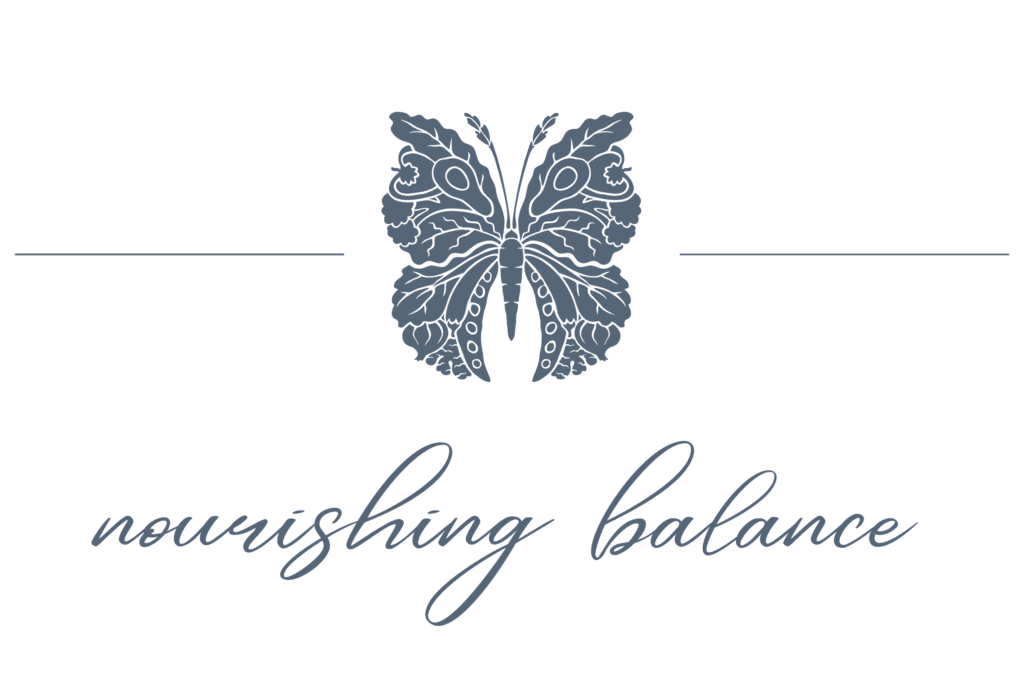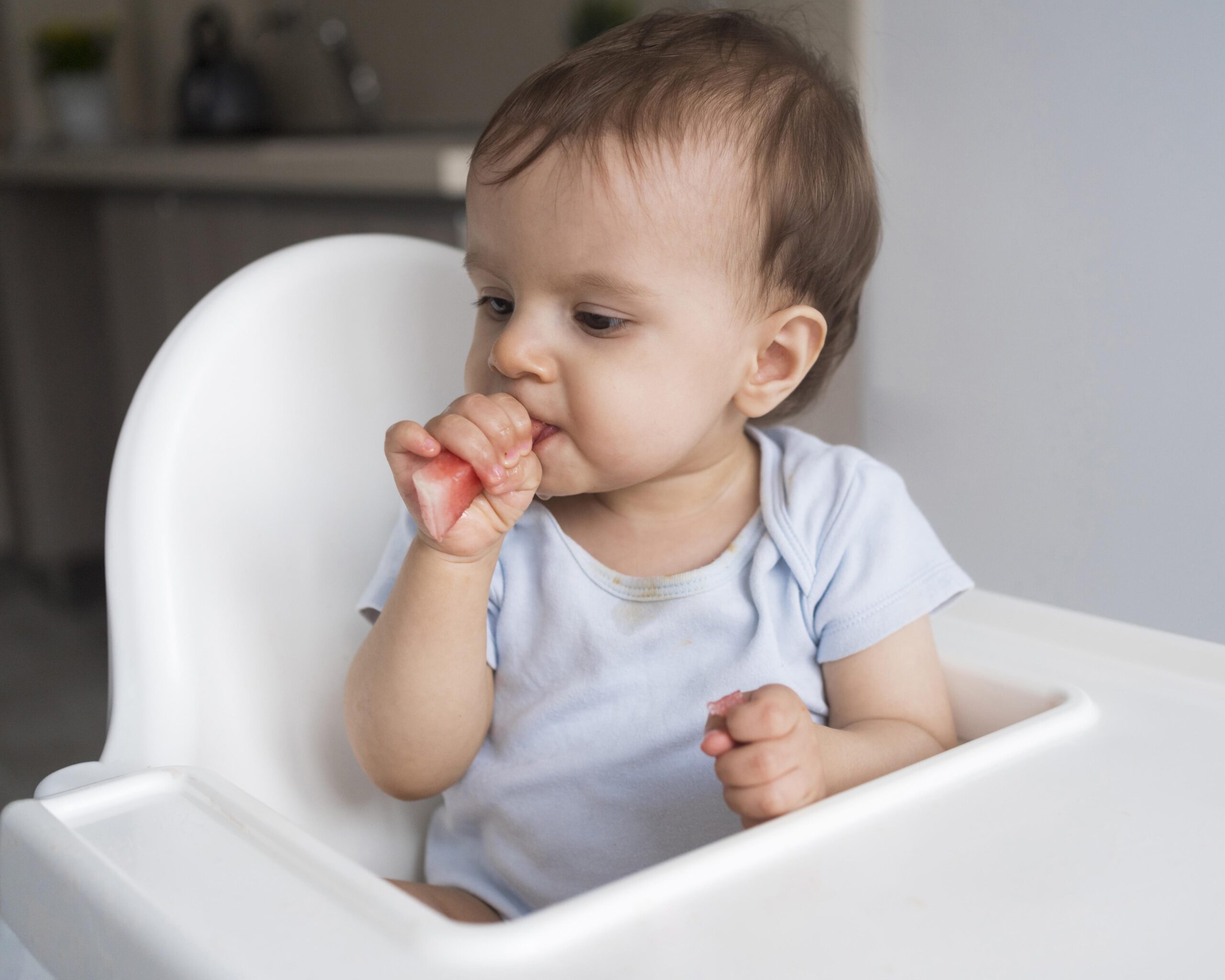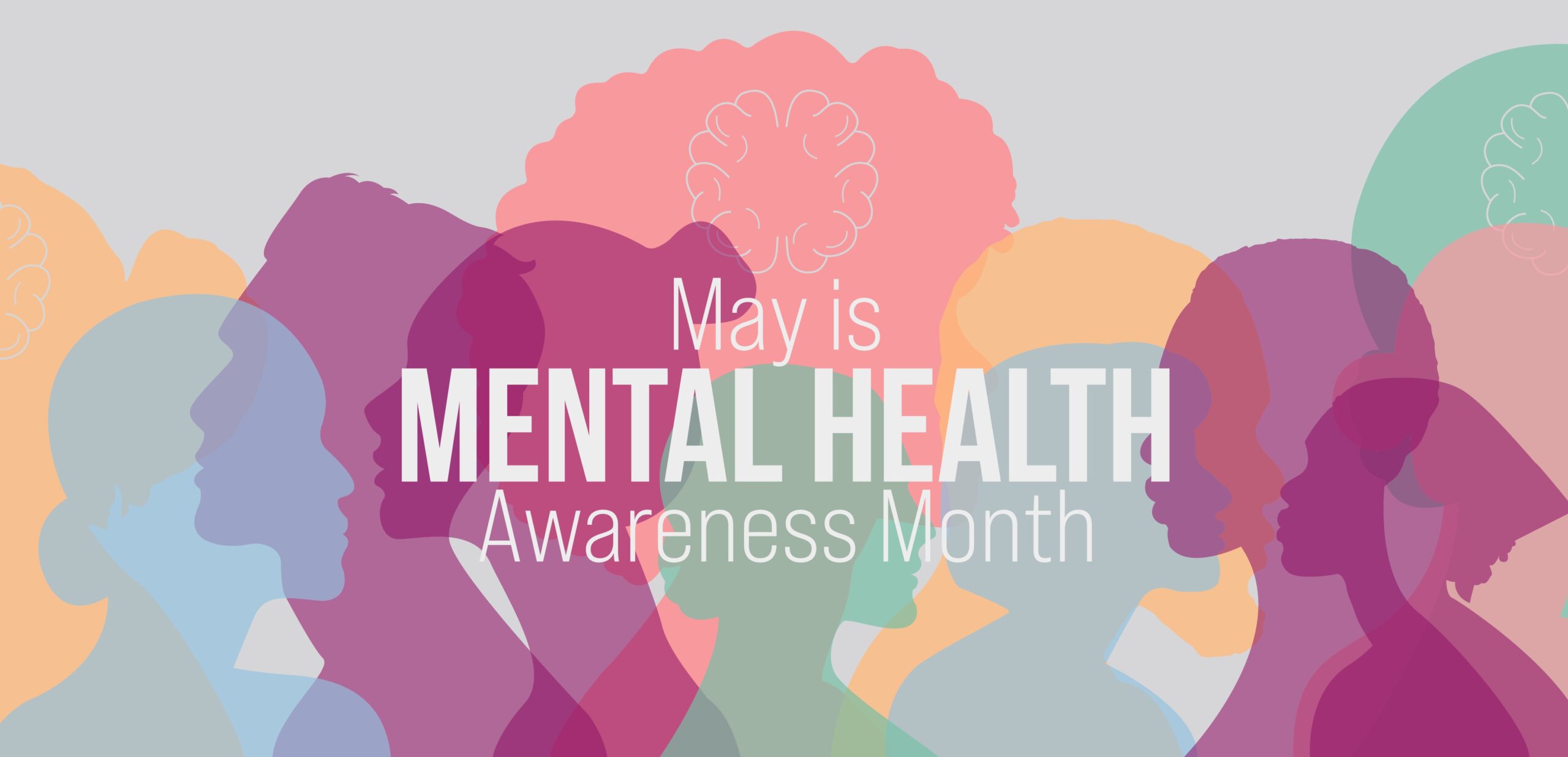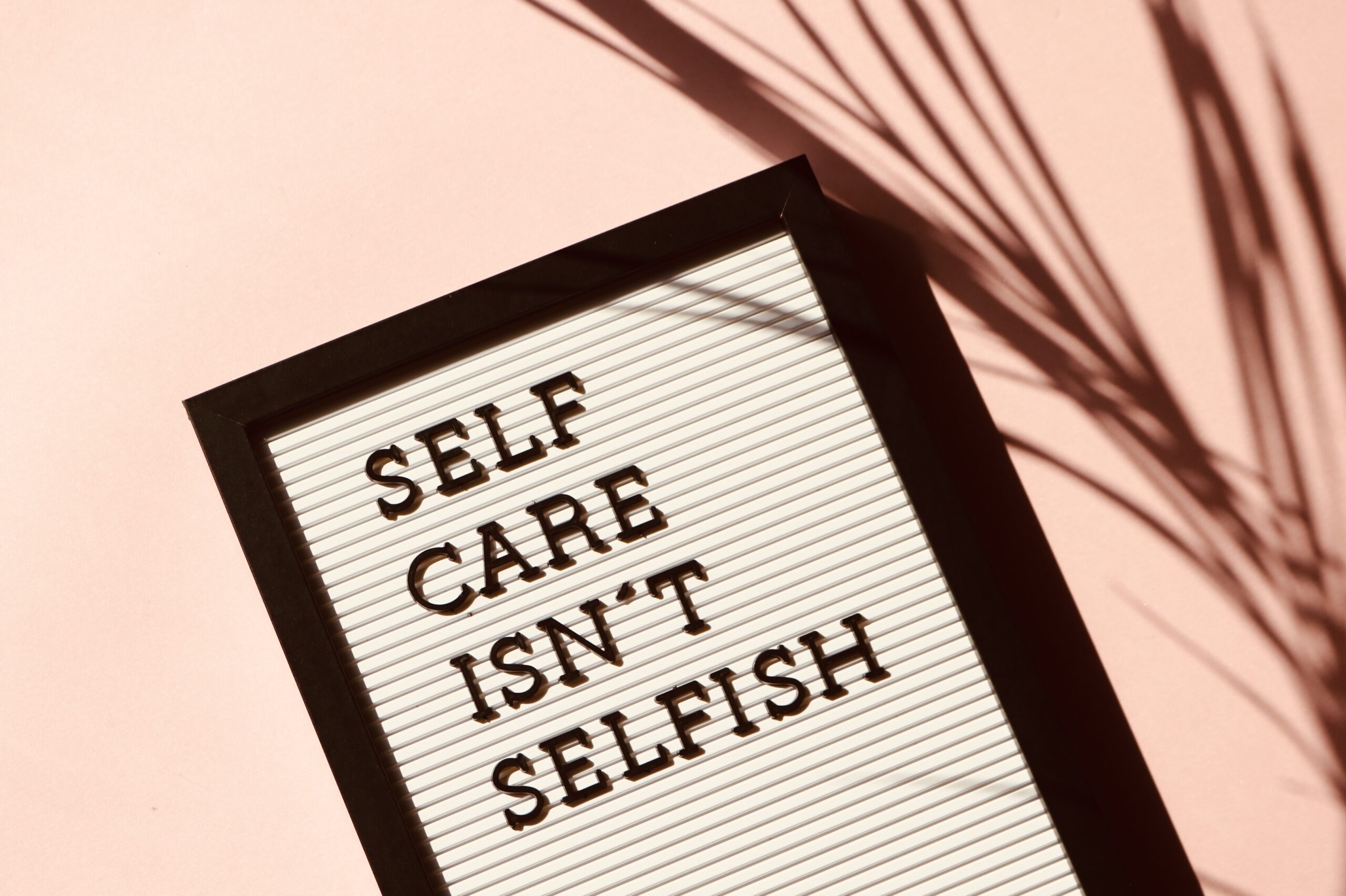In a previous post, we talked about the basics of sleep, and how lacking enough quality sleep each night can have some negative effects on overall health. You can read that post here. In this post, however, we’re going to look deeper into the way the food we eat affects our sleep.
There are many factoids about foods that are meant to aid in sleep that float around the internet and through word of mouth, so let’s begin by separating some truths and myths when it comes to foods and other compounds that affect sleep.
Melatonin – TRUTH
As we age, we naturally produce less melatonin, which is why studies have shown that warm milk before bed can have a positive effect on sleep duration and quality. Actually, melatonin rich milk is acquired by milking cows at night! (1) Melatonin has been shown to increase the speed at which individuals fall asleep and help them stay asleep, especially if you have melatonin deficiency or insomnia (2). It is by no means a miracle compound, but it may be helpful to those who struggle with sleep. Eating foods that are high in vitamin B6, such as fish, support the production of melatonin in the body.
Tryptophan – TRUTH
There has been clinical evidence to support that foods which increase the availability of tryptophan can be helpful in inducing sleep. Tryptophan is imperative in the serotonin pathway, which is what allows us to fall asleep. You may have heard of tryptophan around the holidays, since turkey contains high levels of it. This is why you may feel sleepy after a turkey dinner! However, it is important to note that much of the research done on Tryptophan has been conducted with rats, therefore we can’t make any solid conclusions with humans (3). Tryptophan can also be found in eggs and nuts.
Chamomile Tea, Valerian Root, Kiki Fruit, & Tart Cherries – MYTH
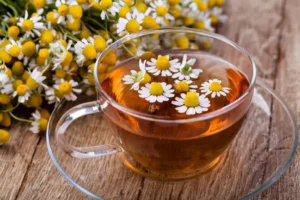 While individual studies have shown these foods to have some positive effects on sleep, there is not enough evidence to generalize these results to the entire population (2). This means that you may be wasting money thinking that they will aid in sleep. Additionally, each individual will have varying needs of certain supplements to have any effect, and it is important not to take any in therapeutic doses without first consulting a health professional. Many people assume that natural products come with few risks, but the interactions between medicinal herbs and supplements with western medications are still relatively unknown.
While individual studies have shown these foods to have some positive effects on sleep, there is not enough evidence to generalize these results to the entire population (2). This means that you may be wasting money thinking that they will aid in sleep. Additionally, each individual will have varying needs of certain supplements to have any effect, and it is important not to take any in therapeutic doses without first consulting a health professional. Many people assume that natural products come with few risks, but the interactions between medicinal herbs and supplements with western medications are still relatively unknown.
Calcium – TRUTH
While calcium won’t make you fall asleep, it plays an important role in processing sleep hormones that allow us to get a good night’s rest, and also aid in the uptake of tryptophan (4). By consistently eating enough calcium, we can ensure that our bodies have the tools to help us fall asleep.
Now that we’ve established which foods and nutrients might help in achieving better sleep, let’s discuss the opposite effect – are there foods or substances that might be making it more difficult to fall asleep?
The answer is yes!
Alcohol
Despite alcohol being a depressant, which you may already know if you’ve felt drowsy after a glass of wine, and may help you fall asleep, it doesn’t help you stay asleep. Research shows that using alcohol to fall asleep results in a shorter duration of sleep, and a disruption in a normal sleep cycle which may cause a more restless sleep (5).
Caffeine
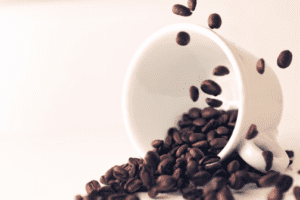 Caffeine is well loved for its ability to wake us up and keep us alert throughout the day, but for those who have built up a tolerance for a lower dosage, one cup may not suffice, and multiple caffeinated beverages will be consumed throughout the day. As we age, consuming caffeine later in the day can make it much more difficult to fall asleep, stay asleep, and may worsen the quality of the sleep (6). Although each individual will respond differently to the same amount of caffeine, a good rule of thumb is that it remains in the system for roughly 6 hours, so avoid consuming caffeinated beverages in the late afternoon to ensure a better sleep at bedtime (7).
Caffeine is well loved for its ability to wake us up and keep us alert throughout the day, but for those who have built up a tolerance for a lower dosage, one cup may not suffice, and multiple caffeinated beverages will be consumed throughout the day. As we age, consuming caffeine later in the day can make it much more difficult to fall asleep, stay asleep, and may worsen the quality of the sleep (6). Although each individual will respond differently to the same amount of caffeine, a good rule of thumb is that it remains in the system for roughly 6 hours, so avoid consuming caffeinated beverages in the late afternoon to ensure a better sleep at bedtime (7).
Nicotine
Studies have shown that those with nicotine dependance experience less sleep time and more disturbed sleep overall. Individuals dependent on nicotine tend to also consume other substances that can further disrupt sleep, including alcohol and caffeine (8). Reducing nicotine consumption and eliminating nicotine dependance overall is a good first step in achieving a more restful sleep, which will in turn have many positive effects on overall health.
Large meals & Indigestion
 Having a large meal just before heading to bed, especially when consuming foods that are harder to digest, may hinder your ability to fall asleep at night since it can disrupt the body’s process to wind down before bed. It is definitely okay to eat food at night if you’re feeling hungry, just try to wait at least an hour after a large meal before heading to bed, or choose a smaller snack that is easier to digest, such as nuts, seeds, yogurt, crackers, bananas, or oatmeal.
Having a large meal just before heading to bed, especially when consuming foods that are harder to digest, may hinder your ability to fall asleep at night since it can disrupt the body’s process to wind down before bed. It is definitely okay to eat food at night if you’re feeling hungry, just try to wait at least an hour after a large meal before heading to bed, or choose a smaller snack that is easier to digest, such as nuts, seeds, yogurt, crackers, bananas, or oatmeal.
Having an overall balanced diet complete with a variety of fruits, vegetables, healthy fats, fibre, and protein, is the best way to set yourself up for success when it comes to getting a good night’s sleep. Following the sleep tips in the previous post, along with being aware of how certain foods and substances impact the quality of sleep, is a great way to ensure your body is getting the rest it needs, which we now know is an important pillar for overall well being.
Are you struggling with sleep and low energy? Our team of registered dietitians are here to support you. Book a free discovery call and read more about our team members below!
Sources:
- Peuhkuri, K., Sihvola, N., & Korpela, R. (2012). Diet promotes sleep duration and quality. Nutrition Research, 32(5), 309–319. doi: 10.1016/j.nutres.2012.03.009
- Brzezinski, A., Vangel, M. G., Wurtman, R. J., Norrie, G., Zhdanova, I., Ben-Shushan, A., & Ford, I. (2005). Effects of exogenous melatonin on sleep: a meta-analysis. Sleep Medicine Reviews, 9(1), 41–50. doi: 10.1016/j.smrv.2004.06.004
- Morrow, J. D., Vikraman, S., Imeri, L., & Opp, M. R. (2008). Effects of serotonergic activation by 5-hydroxytryptophan on sleep and body temperature of C57BL/6J and interleukin-6-deficient mice are dose and time related. Sleep, 31(1), 21–33. https://doi.org/10.1093/sleep/31.1.21
- https://www.ncbi.nlm.nih.gov/pmc/articles/PMC3866235/
- Thakkar, M. M., Sharma, R., & Sahota, P. (2015). Alcohol disrupts sleep homeostasis. Alcohol, 49(4), 299–310. doi: 10.1016/j.alcohol.2014.07.019
- Clark, I., & Landolt, H. P. (2017). Coffee, caffeine, and sleep: A systematic review of epidemiological studies and randomized controlled trials. Sleep Medicine Reviews, 31, 70–78. doi: 10.1016/j.smrv.2016.01.006
- Kerkhof, G. A., Dongen, H. P. A. (2011). Chapter 6 – Effects of caffeine on sleep and cognition. In Human sleep and cognition. clinical and applied research(pp. 105–117). Amsterdam: Elsevier. doi: https://doi.org/10.1016/B978-0-444-53817-8.00006-2
- Jaehne, A., Loessl, B., Bárkai, Z., Riemann, D., & Hornyak, M. (2009). Effects of nicotine on sleep during consumption, withdrawal and replacement therapy. Sleep Medicine Reviews, 13(5), 363–377. doi: 10.1016/j.smrv.2008.12.003
